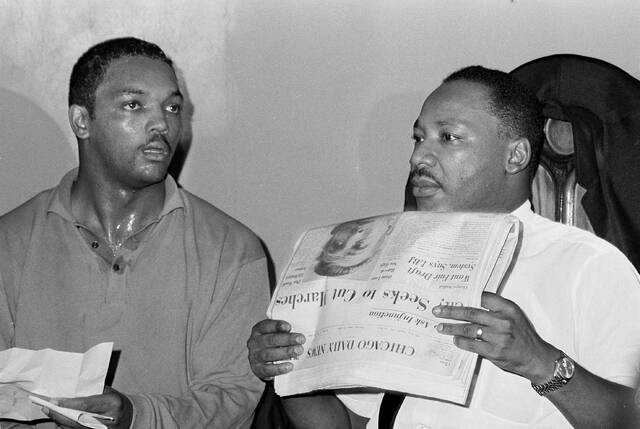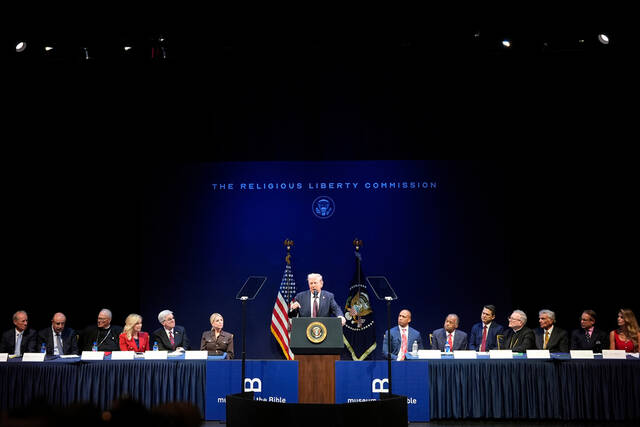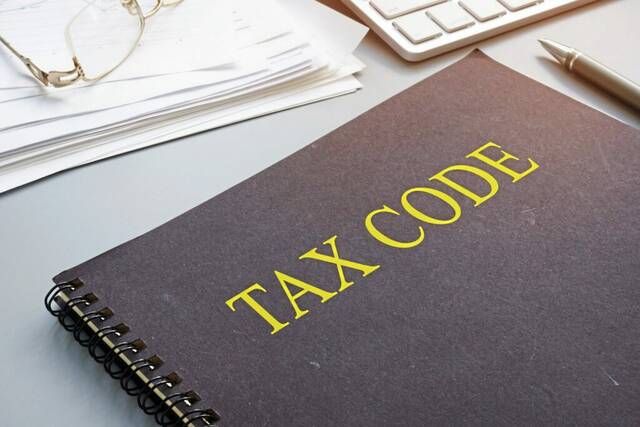For decades, Pennsylvania’s public school funding model has relied too heavily on one thing — the local property tax. It’s a system that rewards wealthier ZIP codes and punishes rural and working class communities. No matter how much we tinker around the edges, we cannot fix education in this commonwealth until we fix how we fund it.
Now, with a looming $27 billion budget shortfall and a serious conversation about eliminating certain outdated sales tax exemptions in Harrisburg, we have an opportunity to do just that.
This is not about raising taxes indiscriminately. This is about modernizing a broken system, making it fairer for families, more sustainable for communities and more accountable to taxpayers.
Let’s be clear. The current school funding system has become a quiet crisis in many parts of our state. Property taxes have climbed, not because most districts are reckless with spending, but because the system forces local school boards to foot the bill for most educational costs. The school boards have no other choice in most cases and it falls to them because our elected officials from the governor on down refuse to address the real elephant in the room.
Pennsylvania has 500 school districts. It’s time to consolidate schools and bring equity back to students instead of depriving them of the resources they are entitled to. The state’s share of funding has lagged behind for years, creating gaping disparities between wealthy districts and those doing all they can to offer the basics.
Families in struggling communities often pay a higher tax rate but get far less for their children’s education. That’s not just unfair, but bad economics and worse public policy. It doesn’t have to be this way.
Eliminating certain sales tax exemptions on non-essentials and luxury services could open the door to a hybrid funding model that relieves some of the pressure on local taxpayers and ensures every child has access to a quality education, no matter their address.
This isn’t some radical idea. It’s a commonsense approach to budgeting. Broaden the base, lower the burden and spend responsibly. Keep essentials like food, medicine and clothing exempt, and target exemptions that serve no clear public good. This isn’t about taxing the basics. It’s about removing special carve-outs that benefit a few while communities across the commonwealth struggle to fund their schools.
Other states have done it. Texas and Florida hardly bastions of big government have restructured their support of public schools, shifting more responsibility to state funding while reducing reliance on volatile local property taxes. Maryland has directed revenue from digital goods into its schools. These states have found ways to fund education without bankrupting their residents or leaving students behind. We can do the same in Pennsylvania if we have the political will.
But raising new revenue alone is not enough. We must ensure it’s spent wisely, transparently and with clear accountability. Local control must remain strong. Dollars raised for education should go to classrooms, not bureaucracy. School districts must continue to prioritize efficiency and performance.
What we cannot do is continue punishing property owners while letting decades-old tax policy distort our ability to support one of the most important things government does, educate the next generation.
Our children are not responsible for the tax code. They shouldn’t be collateral damage in a system that props up outdated exemptions while shortchanging their futures.
Rural Pennsylvanians, particularly communities like mine, are the ones for whom the current model simply doesn’t work. We have declining populations, limited commercial tax bases and rising costs. We’re expected to deliver 21st-century education with 20th-century funding tools.
That’s not sustainable. We need a more balanced, predictable system that protects property owners, supports students and ensures that local communities aren’t constantly forced to choose between raising taxes or cutting programs.
Eliminating select tax exemptions is not about creating a bigger government but building a smarter government. One that doesn’t pick winners and losers in the tax code. One that doesn’t ask senior citizens on fixed incomes to subsidize inequity. One that recognizes that funding education is not just a moral obligation, it’s a strategic investment in the future of our nation.
Let’s use this moment to fix what’s broken. Let’s create a system that lifts every district, respects every taxpayer and gives every child a chance of success.
The cost of doing nothing is far higher than that of doing this right.
Philip Martell is superintendent of the River Valley School District.








